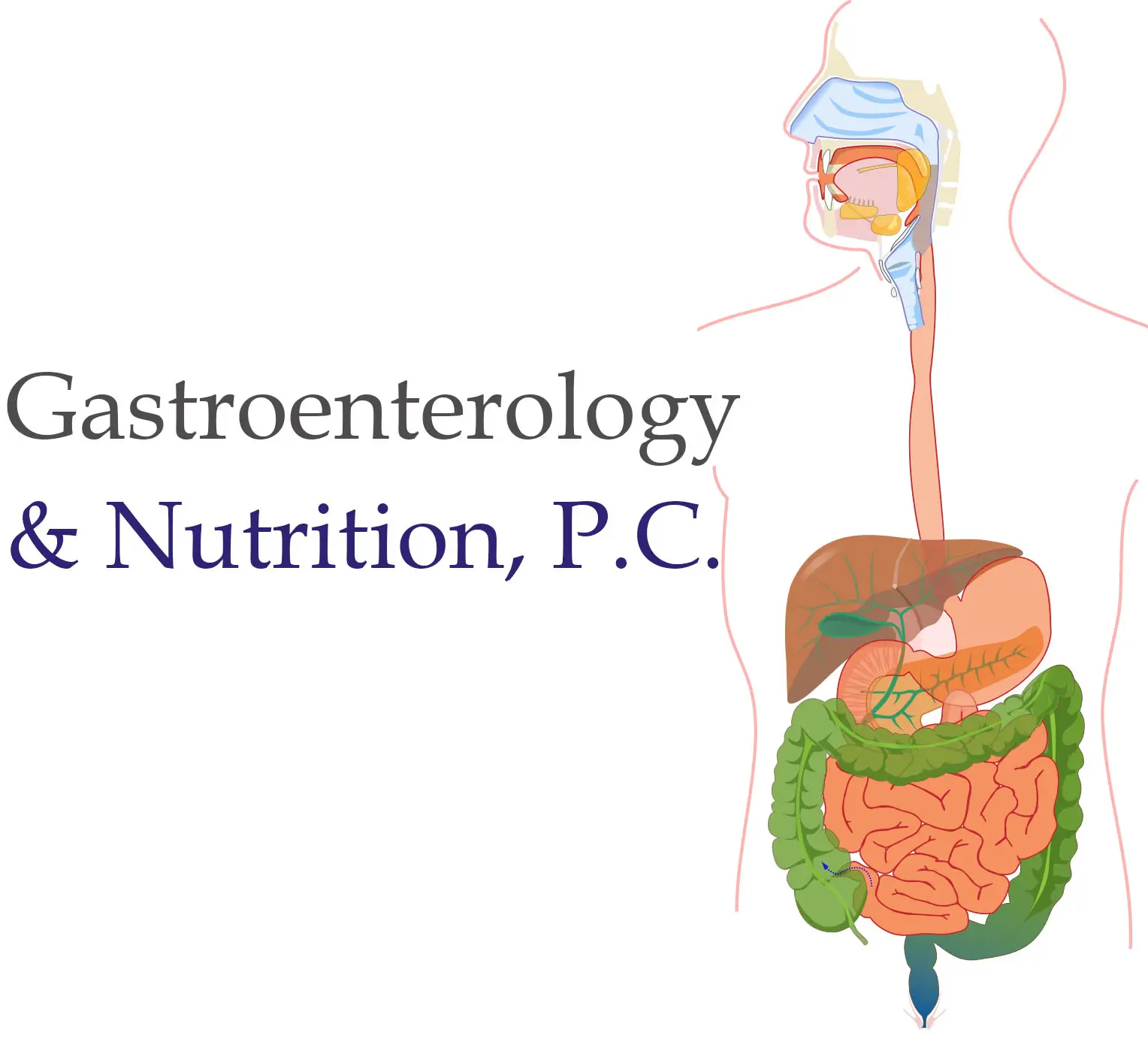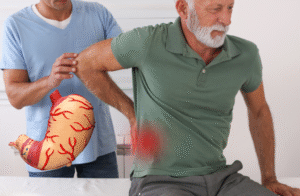Ulcerative colitis (UC) is a chronic inflammatory bowel disease (IBD) that affects the lining of the colon and rectum. Recognizing the early signs and symptoms of ulcerative colitis is crucial for timely diagnosis and effective management. In this post, we’ll discuss the common signs of ulcerative colitis. By understanding these symptoms, you can take proactive steps toward better health and well-being.
What is Ulcerative Colitis?
Ulcerative colitis (UC) is a chronic inflammatory bowel disease (IBD) that primarily affects the colon and rectum. It causes long-term inflammation and ulcers in the lining of the large intestine. While UC shares some symptoms with other gastrointestinal conditions such as Crohn’s disease and irritable bowel syndrome (IBS), it requires specific attention and treatment. Recognizing its unique signs is essential for proper diagnosis and effective management.
Common Signs and Symptoms of Ulcerative Colitis
Dr. Yuriy Israel, the expert gastroenterologist from Gastroenterology and Nutrition, P.C., mentioned the following symptoms of ulcerative colitis.
- Abdominal Pain and Cramping
Persistent abdominal discomfort, often in the lower abdomen, is a common symptom. This pain may be cramping in nature, which can vary in intensity from mild to severe.
- Frequent Diarrhea
One of the hallmark symptoms of ulcerative colitis is frequent and urgent diarrhea. This can be accompanied by blood or pus in the stool, indicating inflammation in the colon.
- Rectal Bleeding
Blood in the stool or rectal bleeding is a concerning symptom that should not be ignored. It often indicates inflammation and ulceration in the colon.
- Weight Loss and Fatigue
Unexplained weight loss and chronic fatigue are common in individuals with ulcerative colitis. These symptoms may result from the body’s inability to absorb nutrients properly due to inflammation.
- Urgency to Defecate
A sudden and intense need to have a bowel movement, often with little warning, is another common symptom. This urgency can be distressing and impact daily activities.
- Loss of Appetite
Reduced appetite and subsequent weight loss can occur due to chronic inflammation and discomfort associated with ulcerative colitis.
Living with Ulcerative Colitis: Daily Management
Diet: Focus on a low-residue diet to reduce fiber intake and ease digestion during flare-ups. Consider keeping a food diary to identify trigger foods. Furthermore, during flare ups, avoid raw proteins (for example, sushi, rare steak, etc…; every protein should be well done).
Exercise: Regular physical activity can help alleviate stress and maintain overall health. Choose low-impact exercises like walking or swimming during periods of symptom flare.
Stress Management: Practice relaxation techniques such as deep breathing, meditation, or yoga to reduce stress levels.
How Gastroenterology and Nutrition, P.C. Can Help?
At Gastroenterology and Nutrition, P.C., we understand the challenges of living with ulcerative colitis. Our experienced team of gastroenterologists is dedicated to providing personalized care in a friendly and compassionate environment. We use the latest diagnostic tools and techniques, including colonoscopy, blood tests, and imaging studies, to accurately diagnose ulcerative colitis and assess its severity. Our clinic is equipped with the latest technology and follows the highest health and safety protocols to ensure a comfortable experience for patients.
Conclusion
Recognizing the signs of ulcerative colitis is crucial for early diagnosis and effective management of this chronic inflammatory bowel disease. From persistent diarrhea and abdominal pain to rectal bleeding and weight loss, these symptoms can significantly impact daily life if left untreated. Seeking medical attention promptly upon noticing any of these signs is essential for receiving timely care and improving quality of life. To schedule a personalized treatment plan, make an appointment today.
Frequently Asked Questions
How is ulcerative colitis diagnosed?
Diagnosis typically involves a combination of medical history review, physical examination, blood tests, stool tests, imaging studies (like CT or MRI), and a colonoscopy with a biopsy of the lining of the colon.
Can ulcerative colitis be cured?
Currently, there is no cure for ulcerative colitis, but various treatments can help manage symptoms, reduce inflammation, and maintain remission.
What are the dietary recommendations for people with ulcerative colitis?
Dietary recommendations may vary, but generally, a low-residue diet during flare-ups (low-fiber foods) and a well-balanced diet with adequate nutrients during remission are advised.
What should I do if I experience a flare-up of symptoms?
Contact your healthcare provider promptly. They may adjust your medication, recommend dietary changes, or advise further evaluation to manage the flare-up effectively.





